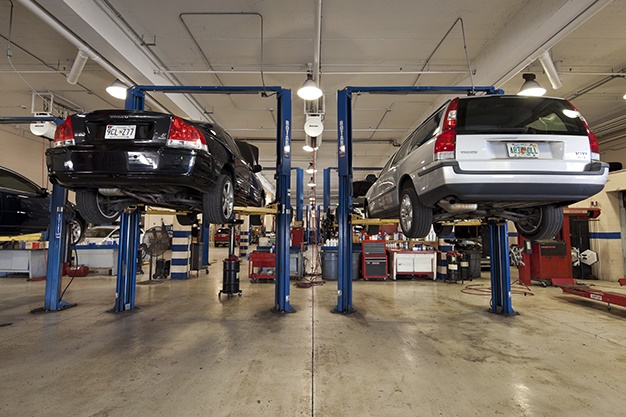"Doing the right thing even when no one is watching. This is the crux of what the Retail Motor Industry Organisation (RMI) believes ethical business best practice should be based on,” says Jan Schoeman, Chief Operations Officer, RMI.
He adds, however, that ethical behaviour needs to extend not only to best practice by service providers in the industry but to consumers too.
"It really is a two-way street. The RMI’s Code of Conduct encourages ethical behaviour through quality servicing and products, reasonable pricing and the honouring of warranties.
"It also includes a commitment to being environmentally responsible. To be an RMI member, service providers have to adhere to the Code and there are repercussions if this is not the case, explains Schoeman.
Image: iStock
Unfortunately, he says, consumers are not always transparent or forthcoming when dealing with service providers.
"We regularly get cases where customers do not disclose the full story before booking their vehicle in for repairs or services etc. The vehicle, for example, may have been through several providers prior to this who may have damaged or altered the vehicle."
"Without knowing the full history, it becomes more complicated and difficult to properly address the issues. We then find the customer becomes disgruntled and dissatisfied with the service provided.”
He says while the RMI is continuously encouraging compliance to ethical norms and best practice within the motor industry, and especially amongst its members, customers can also play a part in improving the ethical standards of the industry.
“We propose that our members have processes in place to safeguard against unethical practices. For example, when a vehicle is booked in for a repair or a service, they need to ensure photos are taken of the vehicle including parts or damages that may not have been explicitly mentioned by the customer. These should be shared with the customer, if necessary."
Image: iStock
"All quotes need to be explained in detail and signed by all parties before any work commences. There also needs to be a discussion with the customer if policies, such as a pay-before-release policy, may apply to this customer’s particular situation,” he says.
Schoeman adds that most complaint cases received by the RMI boil down to miscommunication between the customer and service provider.
"Transparency and ethical behaviour from both parties will go a long way to remedying this. We encourage customers to be upfront when engaging with service providers, to ask questions and to use reputable, accredited service providers within the RMI."
"By doing this you can be assured that there is a body that you can go to if you believe the service provider is behaving in an unethical way. There is also a dispute resolution process through the RMI to assist customers and members.”
“We strongly believe that the motor industry needs to be an ethically sound, and, socially and environmentally responsible industry, especially since there is an emotional and financial attachment to vehicles. We call on the public to commit to being transparent when dealing with service providers and they will commit to offering the best service possible in an ethical way,” concludes Schoeman.




 Publications
Publications
 Partners
Partners




